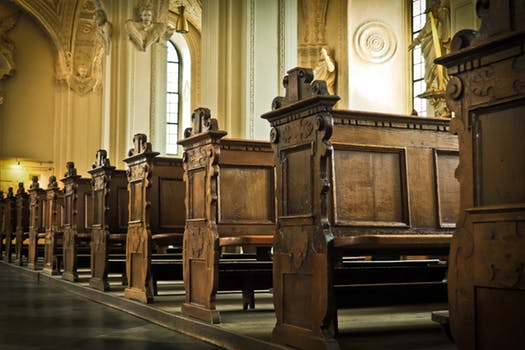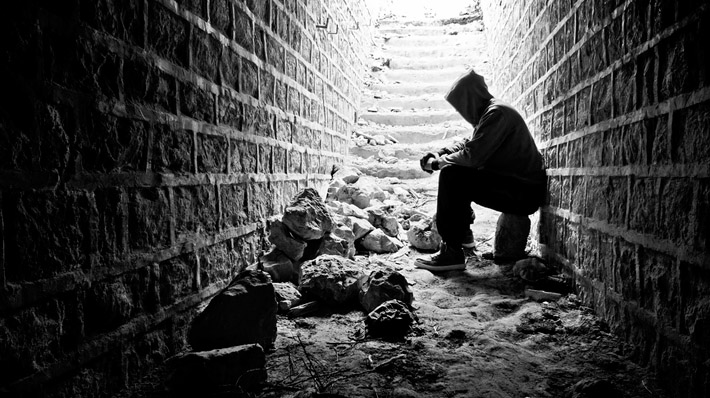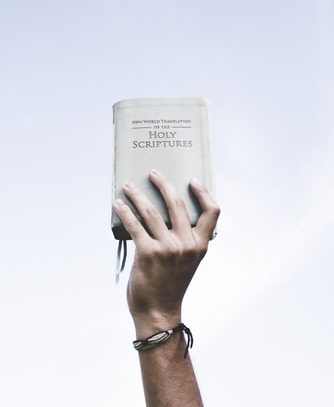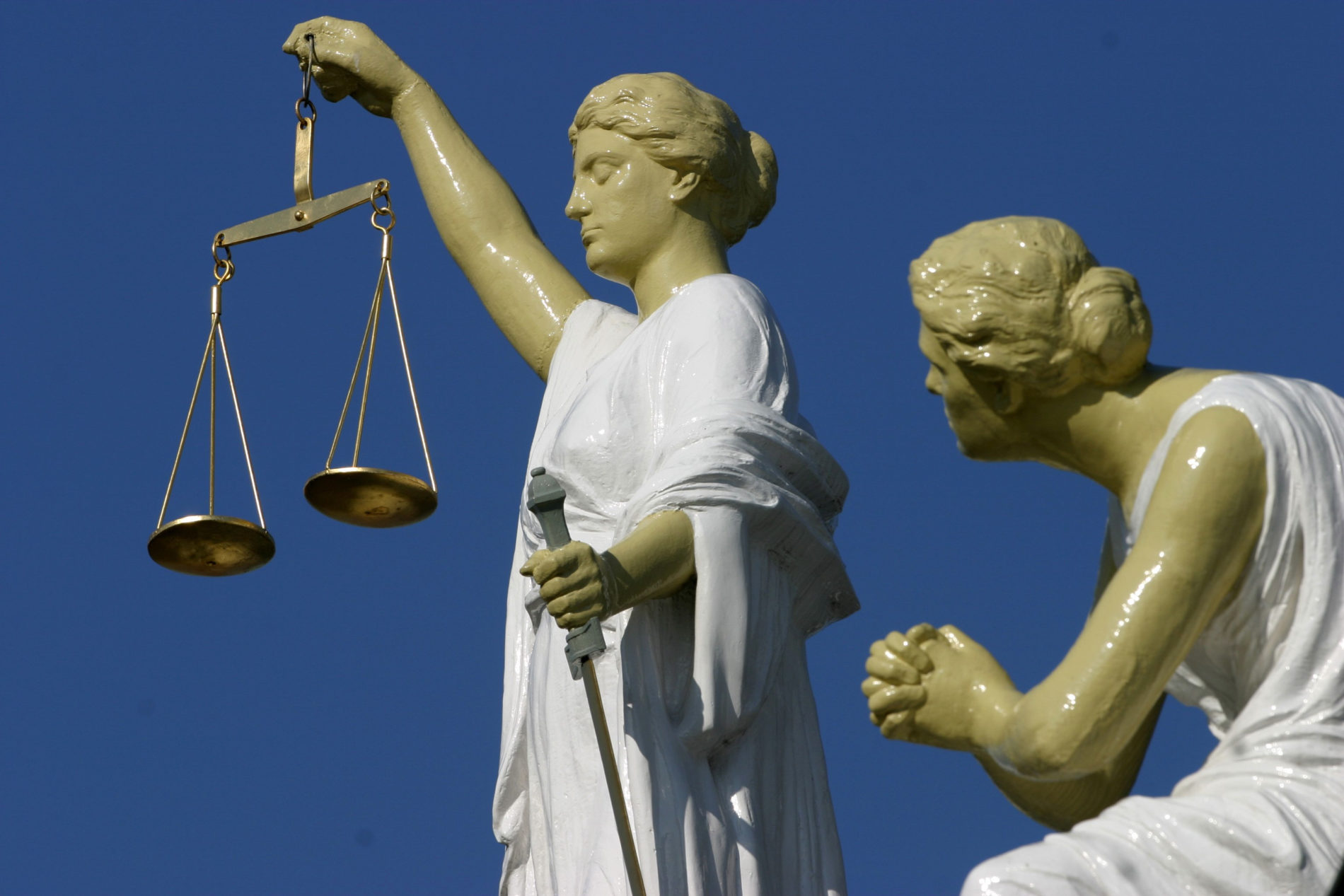
THE (POST) MODERN ERA
In general, it can be said that before the rise of populism in its current extreme forms, the landscape of the Christian church was reasonably well arranged.
From orthodox to traditional, from evangelical to fundamentalist churches and the associated members, there was a certain standard within those groups, more or less fixed whether or not contained in concrete creeds on paper.
Of course, it could also be said that many of these creeds and expressions at that time could not stand the test of fundamental criticism.
After all, also in that period starting from the fifties onwards, one can wonder how many of the words and actions of Christ are actually found in the words and deeds of those believers and the wordings in those creeds.
More about that in a next chapter.
The group of believers in which Gerard Blankespoor ended up, were the so-called “free groups”, such as the Pentecostal and Full Gospel movements, as well as the more evangelical churches and groups.
Caught by the story of Christ, Gerard Blankespoor decided in 1976 to allow himself to be led and inspired by that message and to give it a concrete shape in the here and now.
Gradually he is so moved by the love of Christ who gave him hope and faith/trust in the present and for the future, not only for himself but for all people, that he gave up his career in 1982 at the Police Department of The Hague to fully devote himself to this new calling.
However it must be said that Gerard already was in conflict with the leaders of the church he visited before that period.
He had taken in a alcoholic Surinamese boy in his home to help him to get rid of his addiction.

This was against the policies, moral values and norms and the ideas of that church and Gerard was summoned to put an end to this.
It would endanger his children and his then wife.
Gerard then decided to go the way of his heart, also because of other religious disputes, to follow in the footsteps of Jesus as much as possible.
Of course this would not be appreciated, since going against the leadership of the church did not only give a wrong example to fellow believers, but it was and is mainly seen as disobedience to the authority of the leadership.
In their views, this was and is equivalent to disobedience to God.
The prevailing idealism and striving for justice from the sixties and seventies has certainly had an inpact on Gerard’s way of thinking and acting as well.
But it was above all the great example of Jesus himself who appealed to him to do well from a social perspective.
That is to say, not only standing up for, but also actually giving help to all people who are not capable of helping themselves.
This resulted, among other things, in the inclusion of drug addicts in his home in Apeldoorn, to feed and support them in various ways, including pleading for them in various criminal cases against the addicts.
From this private shelter, the Sheba project was set up due to the increasing need, which later resulted in Foundation De Schakel.
All this without subsidy, supported by people who were thinking along with him, De Schakel became the largest private rehabilitation center in the Netherlands where the love of Christ was made visible to all people in words and deeds.
Mohammedans, Christians, gays, lesbians, everyone was welcome and found shelter, help etc..
It was also during the time that there was still an appreciation for facts, truths and scientifically based assumptions and certainties.
Facts and scientific approaches were still a virtue.
Lies and deceit were generally ruthlessly rejected.
Half truths were exposed as such.
People who were involved in such practices were avoided as much as possible.
There was a certain social dimension that was generally accepted at that time.
Although capitalism was seen as a good thing and communism was portrayed as a very bad system.
One easily forgets that capitalism is at odds with what Jesus stood for.
Capitalism in general stands for “one man’s dead is your gain”, which makes the rich richer and the poor poorer.
Jesus teaches us differently, but more about that later on.
In this period, modernism was relieved by the post-modern era, which in its turn would soon be overtaken by the post-truth era, carried by the emerging of (extreme) populism.
What is true is true, even in the years of Sheba and De Schakel individual believers and churches stood up against the way in which Gerard Blankespoor gave shape and content to his faithful actions.
Churchgoers found it difficult and even annoying when confronted with half-sleeping addicts in the church.
Others thought that it was not in line with the bible that people with a different disposition such as homosexuals, were not guided to get rid of their disposition.
Others were against the so-called free nature of the services, where an Islamist could be a Muslim in the midst of Christians.
It did not fit in with the experience and religious convictions of many Christians and Gerard and his work was therefore judged and condemned.
That is remarkable, if you keep the above mentioned in the light of the gospel of Christ.
For most Christians then and now, the bible as a whole is the word of God, including all the texts that radiate hell and damnation to man.

“When we see the words and actions of Jesus Christ in this way, a more than convulsive situation arises. It then becomes a problem as one desperately tries to connect and harmonize all texts from the bible, the Old and New Testaments. After all, one believes in the bible from cover to cover. It does not contain errors or redundant matters “
Whether this is the Old Testament or the New Testament as a whole; everything comes directly from God and is directly inspired by Him.
The words and deeds of Jesus Christ, as recorded in the four Gospels, must therefore be seen in relation to the rest of the scripture.
When we see the words and actions of Jesus Christ in this way, a more than convulsive situation arises.
It then becomes a problem as one desperately tries to connect and harmonize all texts from the bible, the Old and New Testaments.
After all, one believes in the bible from cover to cover.
It does not contain errors or redundant matters.
This way creeds develop in almost all denominations, where in fact the Old Testament is given as much value as all texts of the New Testament.
The contents from the book of Genesis to the Revelation of John and everything in between is presented as the gospel, the joyful message of Christ.
For then the apostles, for example, have the same authority as Jesus and the lives of Samuel and Jeremiah become great examples for Christians.
Unfortunately, this way the old is still more in vogue than the new that has come in Christ.
So what makes a Christian different from those who do not know and experience Christ?
Aren’t we, Christians, in fact being submerged by a religious penal code and/or code of criminal procedure with commandments and prohibitions and how to act/live?
Don’t the creeds have too much power over what a Christian believes or does not believe?
Have in fact the cardinals, bishops, pastors, preachers, pastors, etc., drawn too much power to themselves about the ups and downs of the believers?
Are we, Christians, still the salt of the earth? What makes us so stiff and rigid thinking and acting, including about sexuality?
When Christ is our Master, how it is possible that so many take for granted the lies, deceit and half-truths of Trump and associates?




